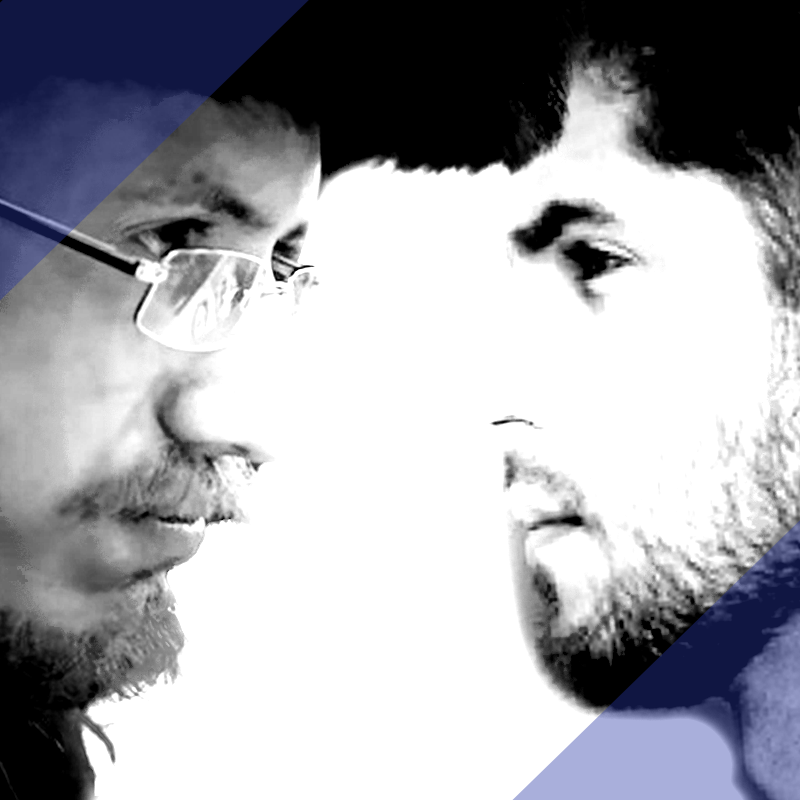“The new Israeli identity’s opposition to Jewish tradition is amply documented; it explains why the hostility to Judaism often encountered in Israel is unparalleled in the Diaspora. This hostility to Judaism found diverse expressions among the founders of the state, including the choice of new, Hebraized names; the father of a member of the Knesset gave himself the name Kofer, heretic.”
Professor Yaakov Rabkin, University of Montreal (A Threat Within)
The founding fathers of every country generally strive to imbue their new state with certain philosophical foundations. “Israel” is no exception. In fact, it’s possible that the Zionist State is one of the most striking examples of nation-building/social engineering in modern times. One of the most pronounced foundations “Israel’s” first leaders sought to instill in their great social experiment was an unnatural disdain for religion, more specifically Judaism. And that foundation still holds strong to this day. To quote Professor Rabkin once again, “It would seem that the anti-religious enthusiasm that once galvanized the secular Jews of Russia produced long-lasting results for Jewish immigrants, mostly in Israel.”
In the quest to produce a national identity ex nihilo, early Zionist thinkers had to find an “other” in which to juxtapose the “New Hebrew” who looked remarkably similar to the Hitler Youth. The question was: who? Who would serve as the foil to their new sabra? In spite of the fact that the Russian pogroms had shattered these proto-nationalists past hopes of assimilation, they still couldn’t envision themselves in contrast to the European nationalism they were now sycophantically emulating. Come what may, they were committed mockingbirds. Seeing as they were seeking to divest Jewishness of its normative content (i.e. Judaism) the obvious choice was Torah Jewry. Religious Jews were, up until approximately a hundred years prior to Zionism, the definition of “Jewish”. The word “Jew” was something which came with a set of behaviors and beliefs, enjoining action. Israelism, as envisioned and later implemented by the Zionist State’s architects, was to become the cornerstone of the “New Jews”. They made up for their abandonment of their ancestral faith with their fiery and unconditional allegiance to the new civic religion. A tangled mass of emotionally charged Judaic symbols now stripped of their original Torah meaning were pressed into service, conscripted for the new, G-d-free movement. Professor Yeshayahu Leibowitz, playing the part of modern “prophet” during the formative years of the “Israel”, painted a picture which since has proved chillingly accurate. “The danger is that (national identity) be transformed into statism and will to power; into a national identity in the Mussolinian sense…” As they assailed the walls of Torah, they proclaimed their mission. “Zionism had claimed; ‘no more tradition’s chains shall bind us,’ and consigned to oblivion all that had been so unfortunate as to proceed it” (Barnavi). This was a project of monumental proportions, building a national character from scratch. And this proved far from simple or even desirable. Professor Rabkin points out that, “While the Italians had developed a culture – language, literature, political tradition, intellectual heritage – that reflected their national consciousness centuries before finally creating a state of their own, the national consciousness of the Jews had only Judaism as a shared basis, and the state’s founders openly opposed it.” Jay Y. Gonen, in his psychohistory of Zionism, maintains that the complete severance of the relationship with G-d that Zionism entails eliminates the sole distinctive trait of the Jews. A replacement is in order then. Hence, “Israel’s” national obsession with security. Making security sacrosanct also had the added benefit of squelching dissident voices as “traitors” who “place other Jews in danger.” Imbued with power stolen from Judaism and having stripped many Jews of the authentic definition of “Jewish”, the Zionist leadership could now label all those who questioned as endangering the very existence of the Jewish people.
Sadly (for them), there would always be pesky naysayers who refused to drink the Kool-Aid. No matter though. They would also serve a purpose in the nascent state. They would continue on in their role as the “other”, only magnified. This, according to Professor Noah Efron of the Bar-Ilan University, is precisely the part now played, unwittingly, by “Israel’s” Haredi (Ultra-Orthodox) population.
“Even today, the ‘other’ remains a crucial element of Israeli identity, and for many Israelis the salient ‘other’ is the Haredi. …This is because, as the Zionist enterprise tires, as it projects a less and less positive vision of society, the counterweight of the Haredim as a justification for Zionism becomes more important. …Disliking Haredim is attractive, in part, because it allows malice to serve as a mark of virtue.”
It should be noted that the above-mentioned malice is one of the essential components of Zionism. As Zionist ideologue Samuel Joseph Ish-Horowitz wrote, “The Jew must negate his Judaism before he can be redeemed.” What sort of redemption he was referring to, I’m in no hurry to find out.

